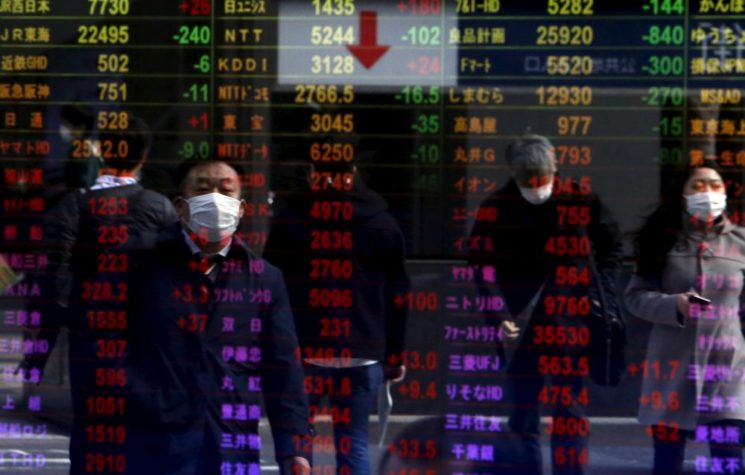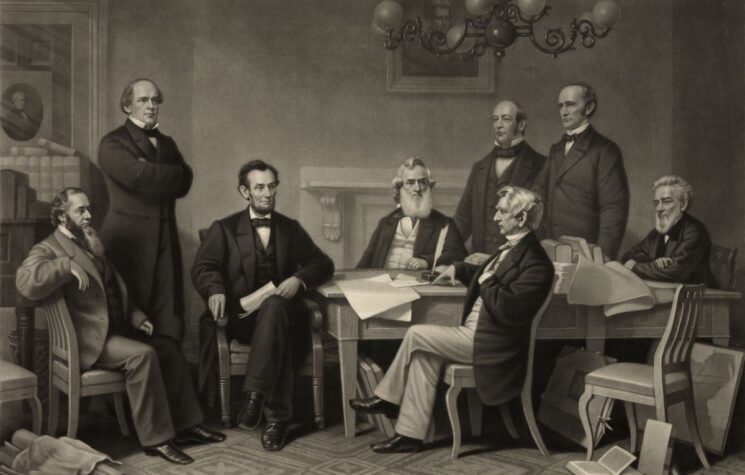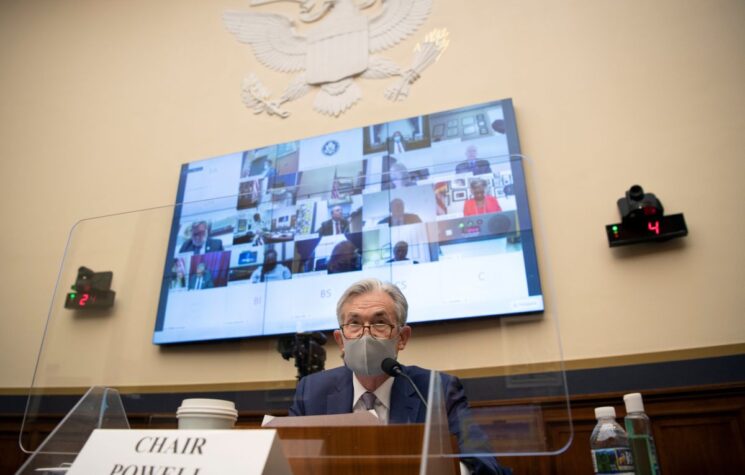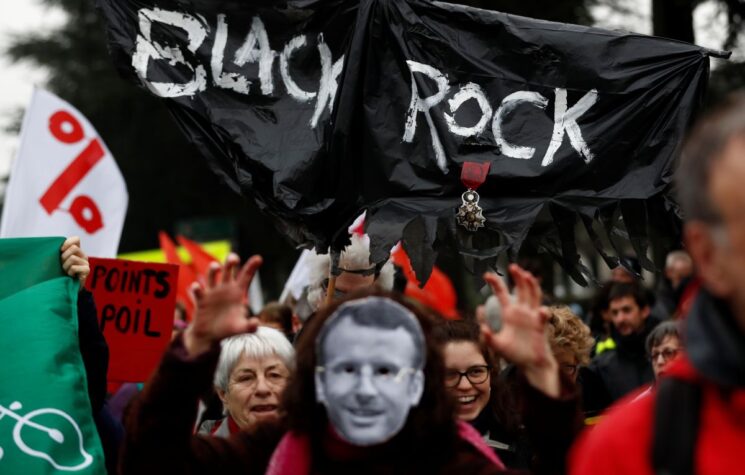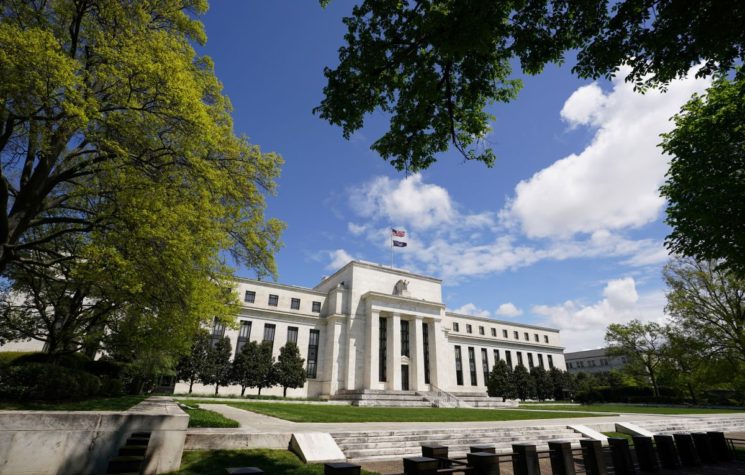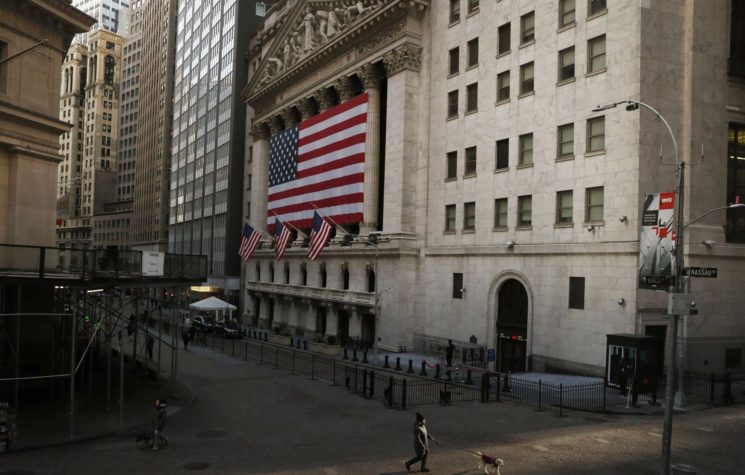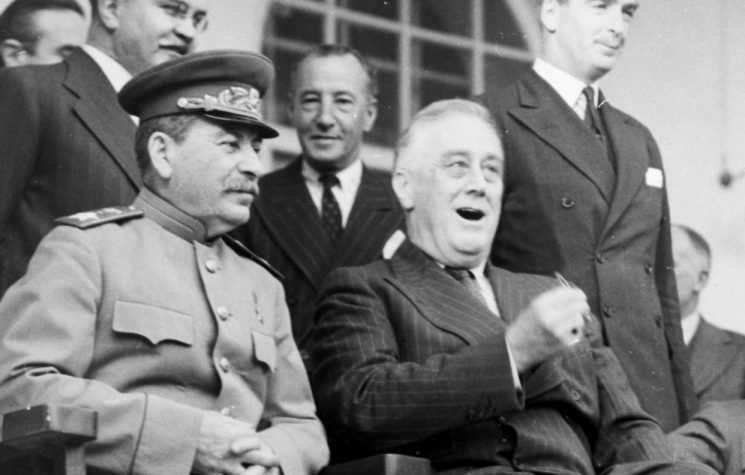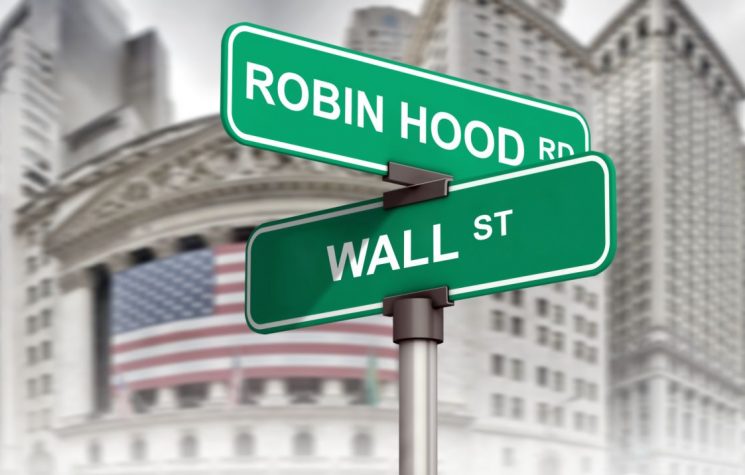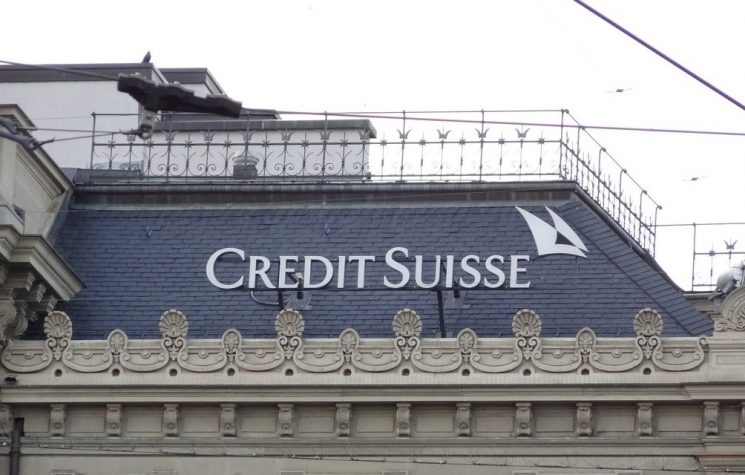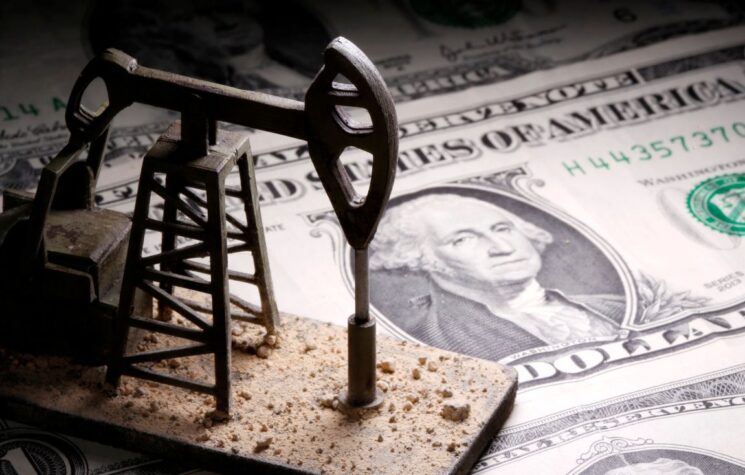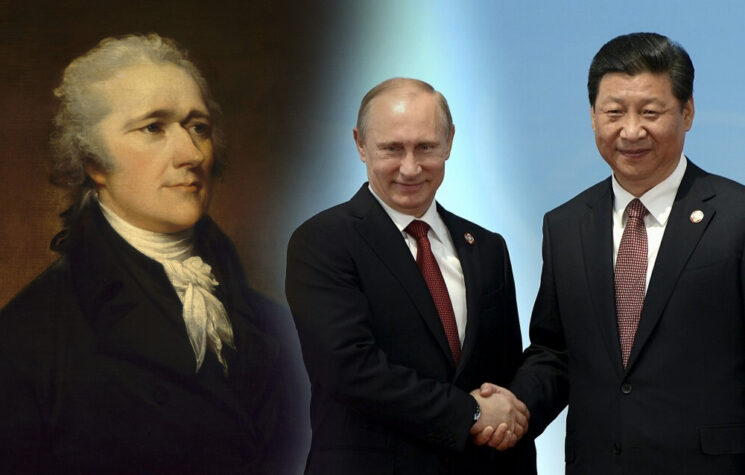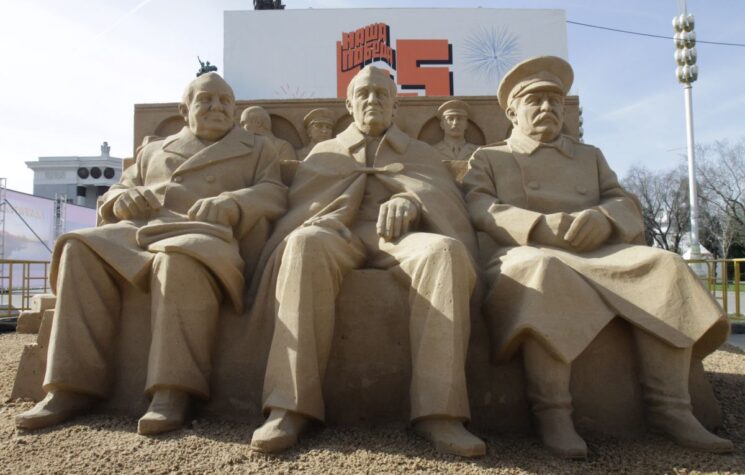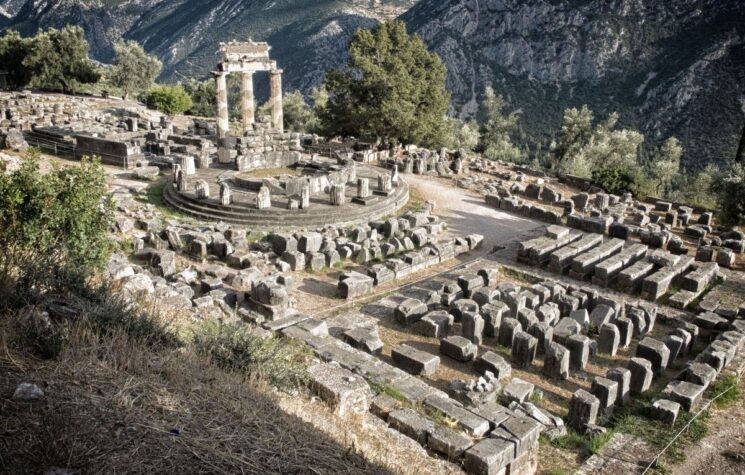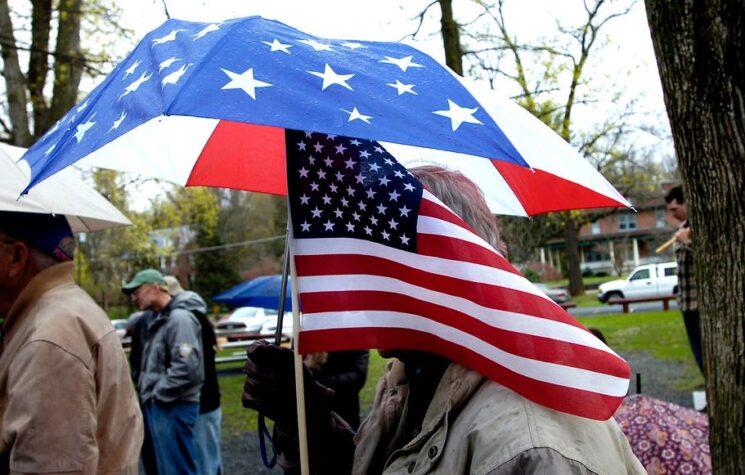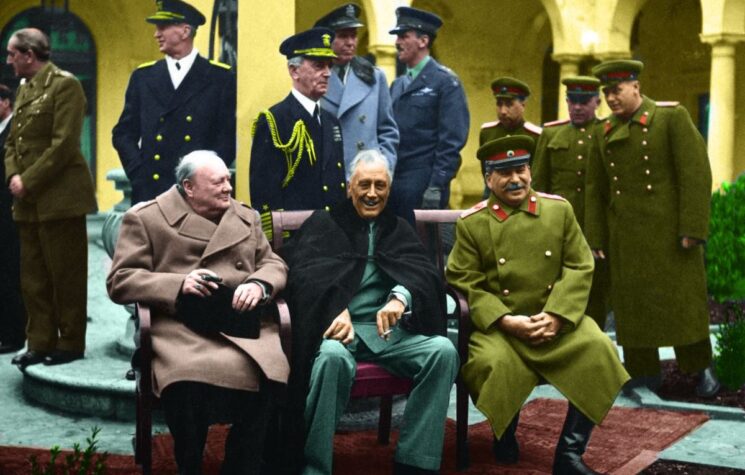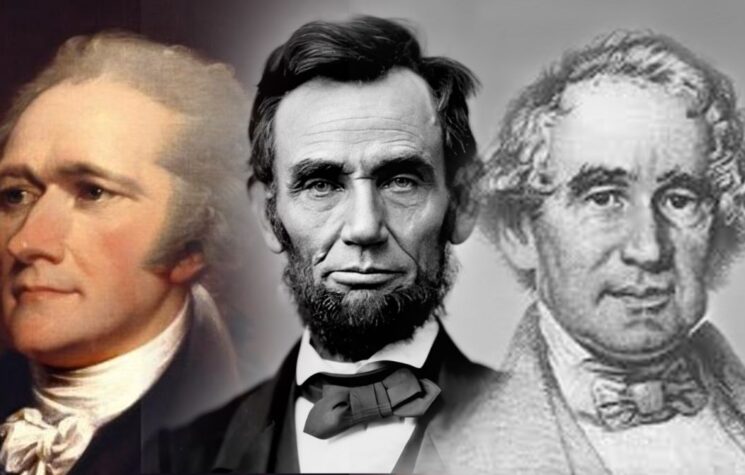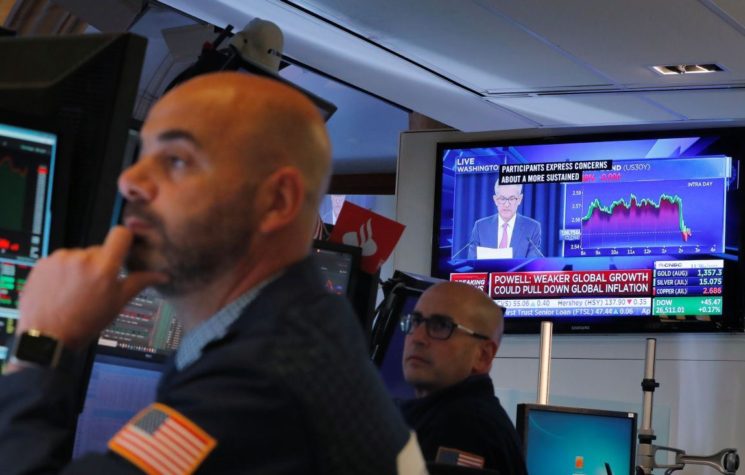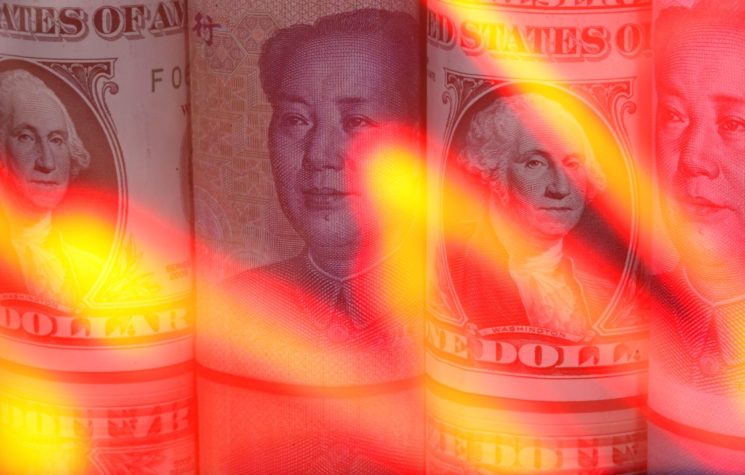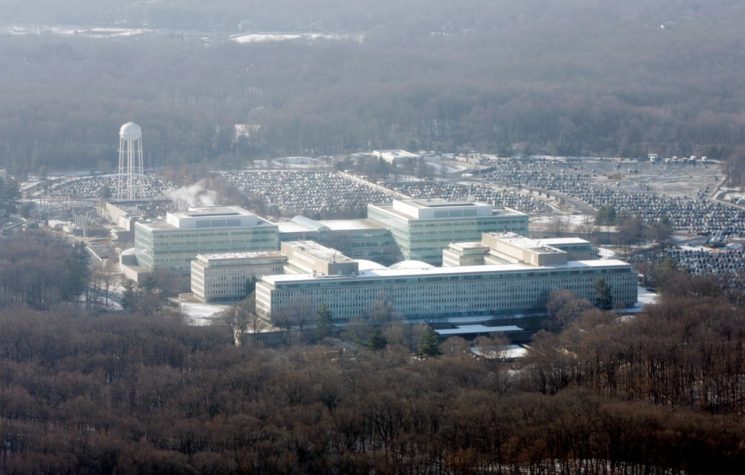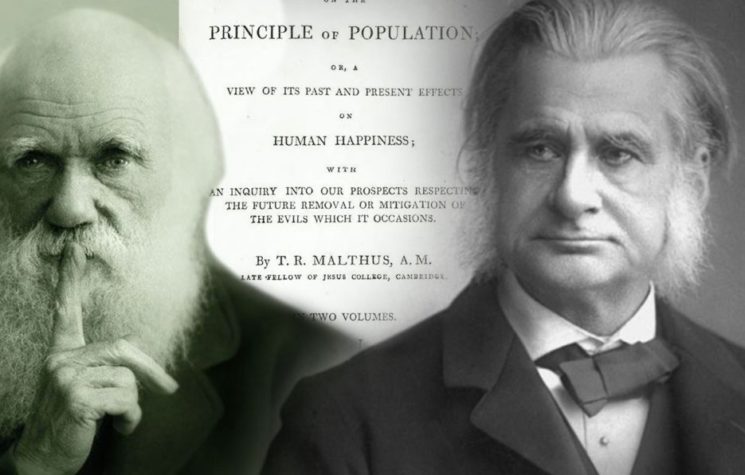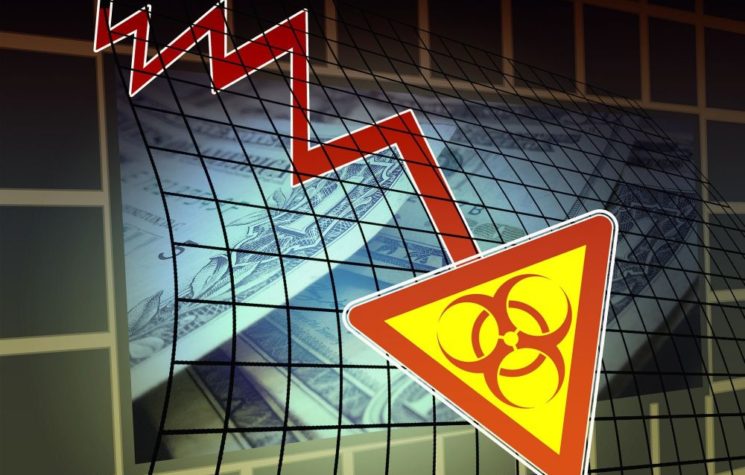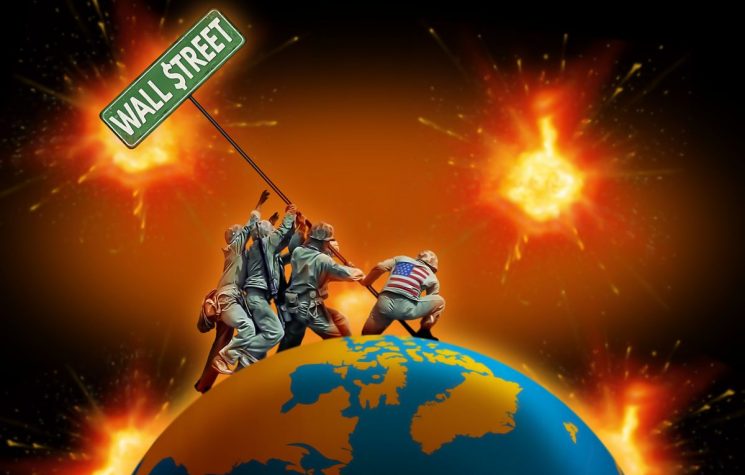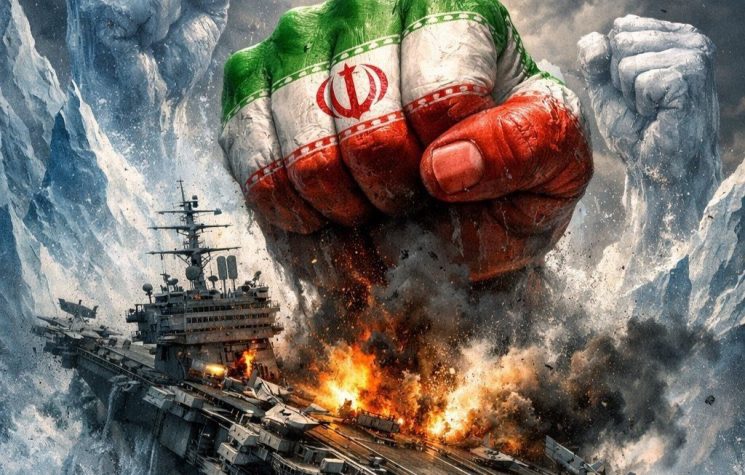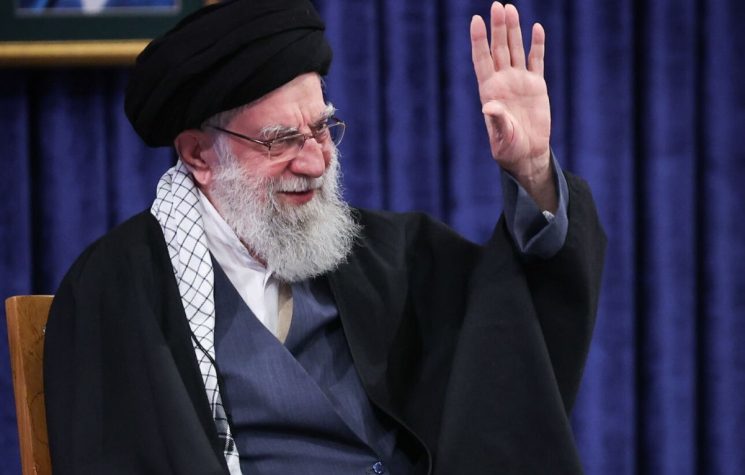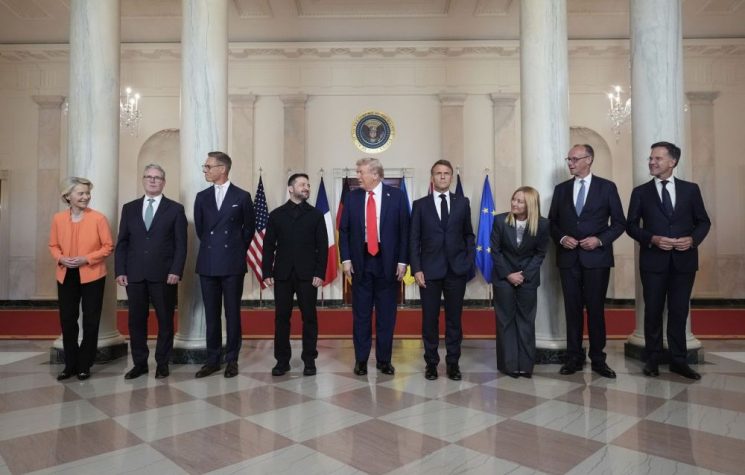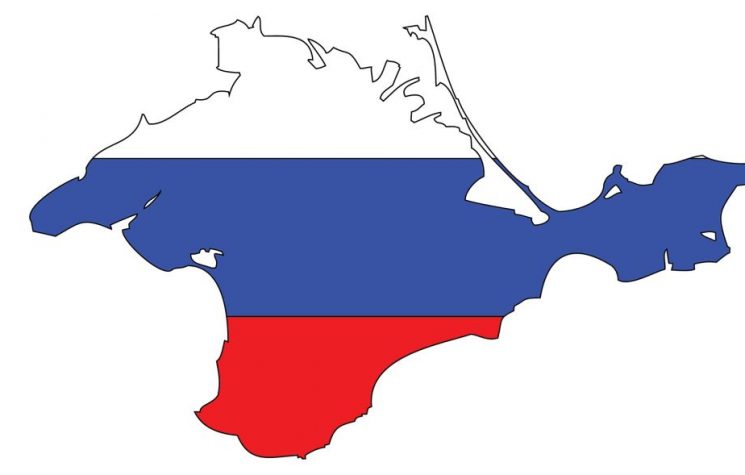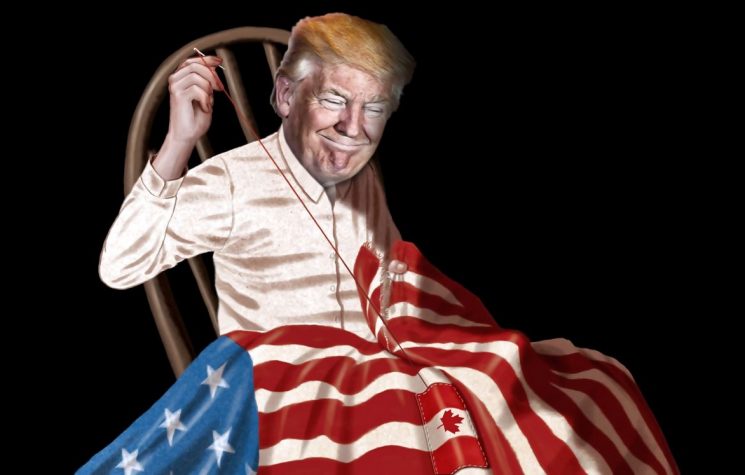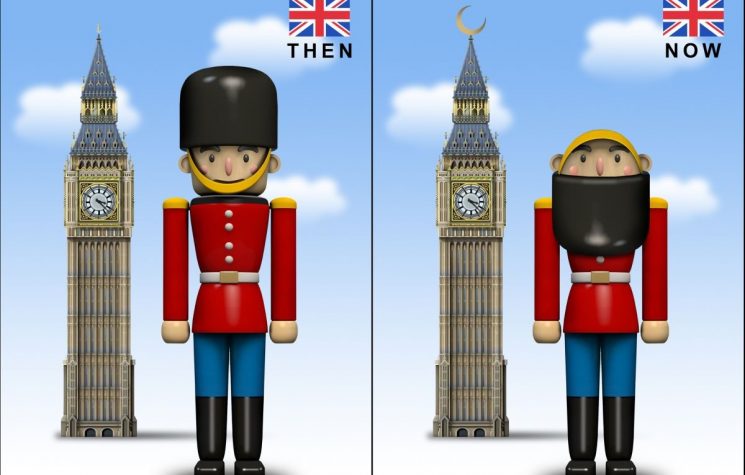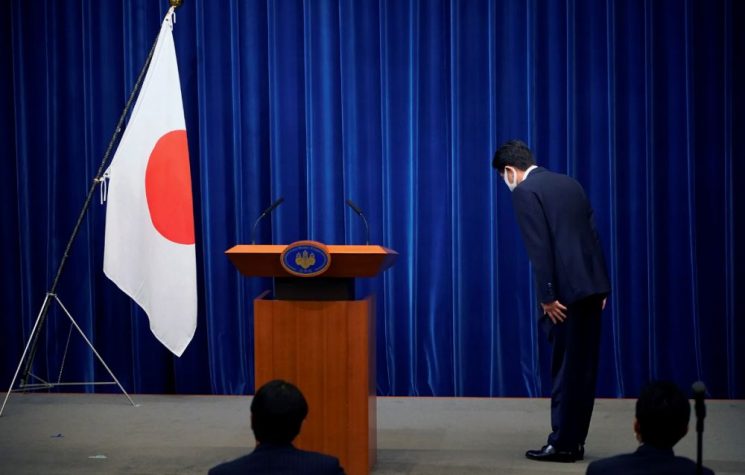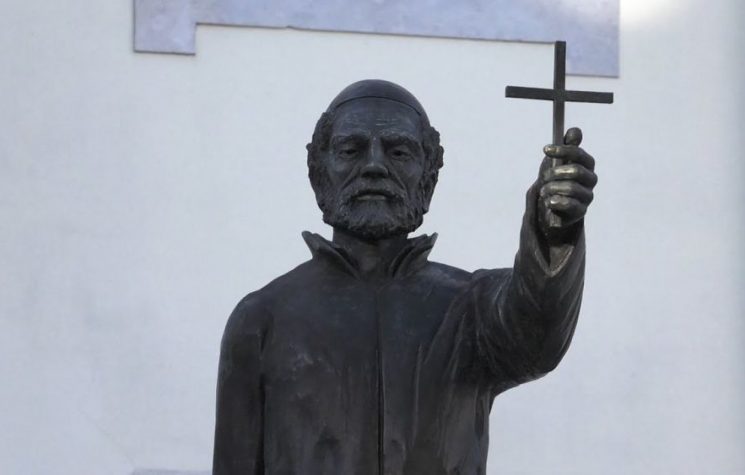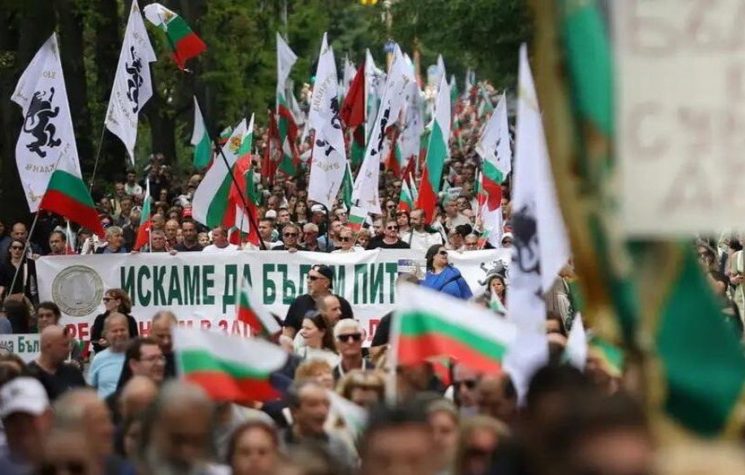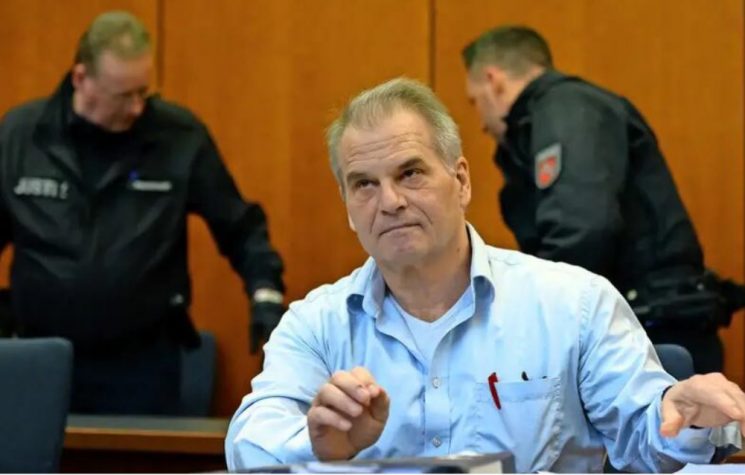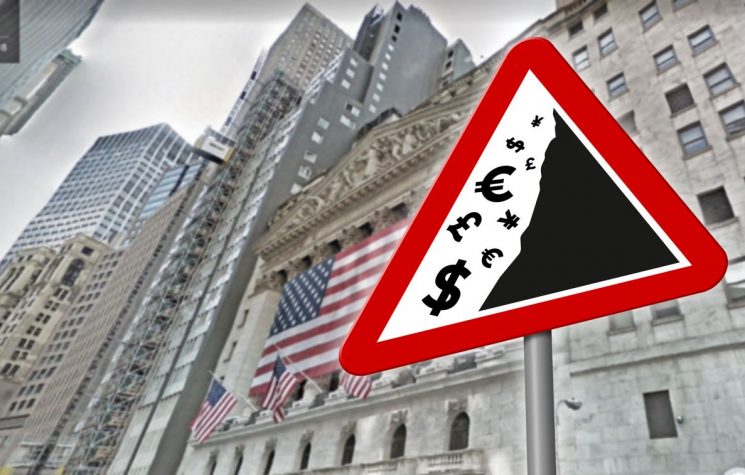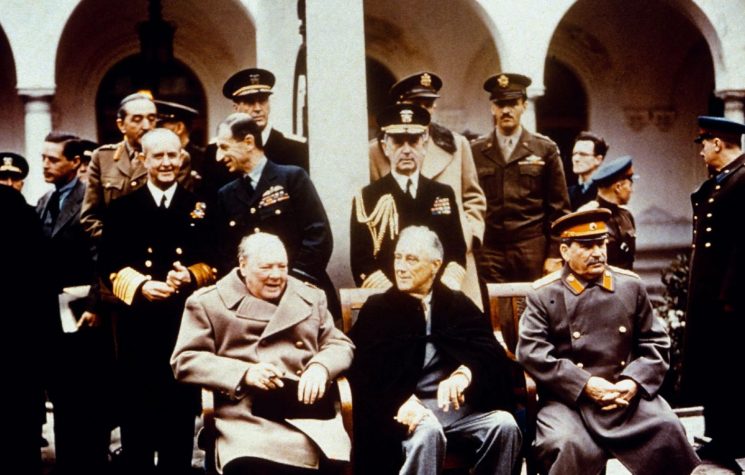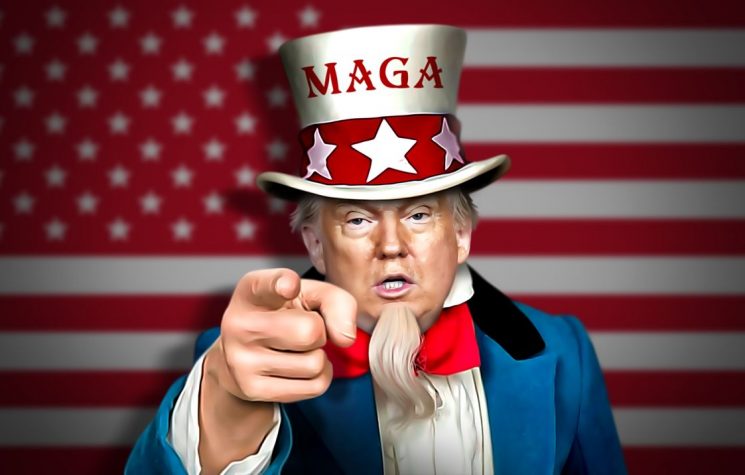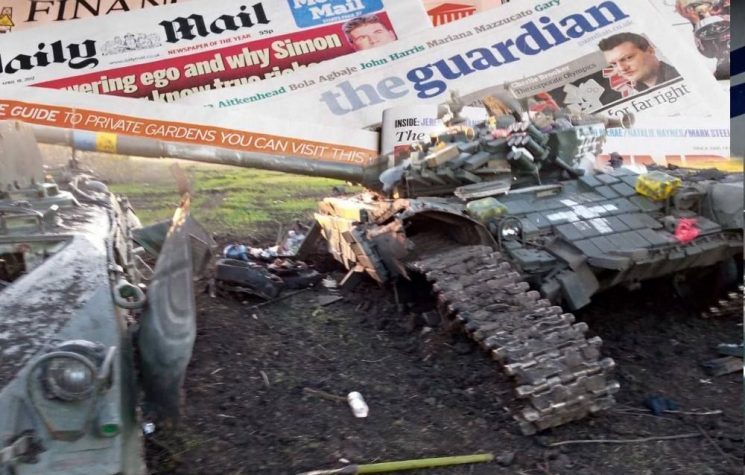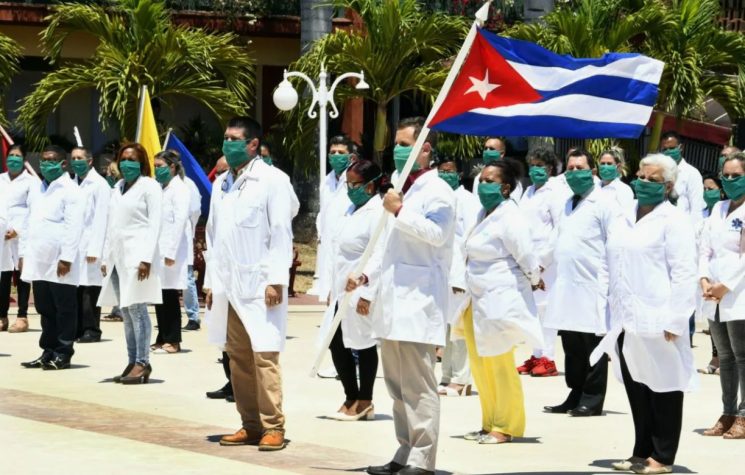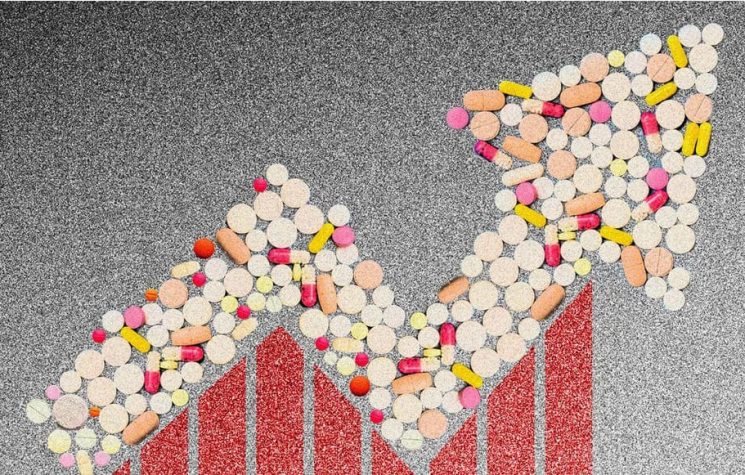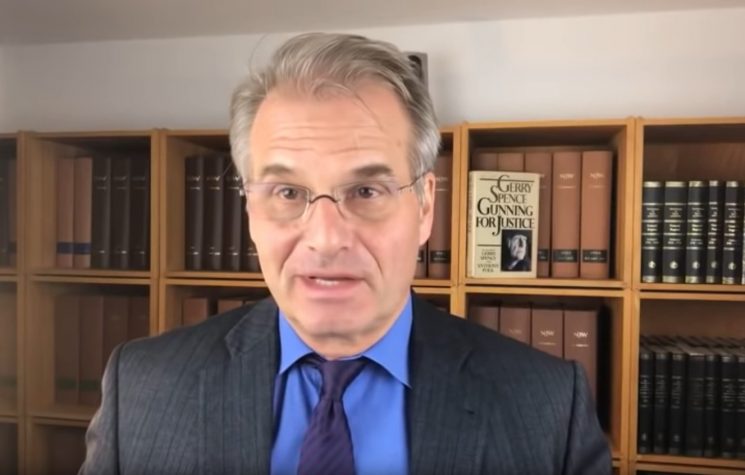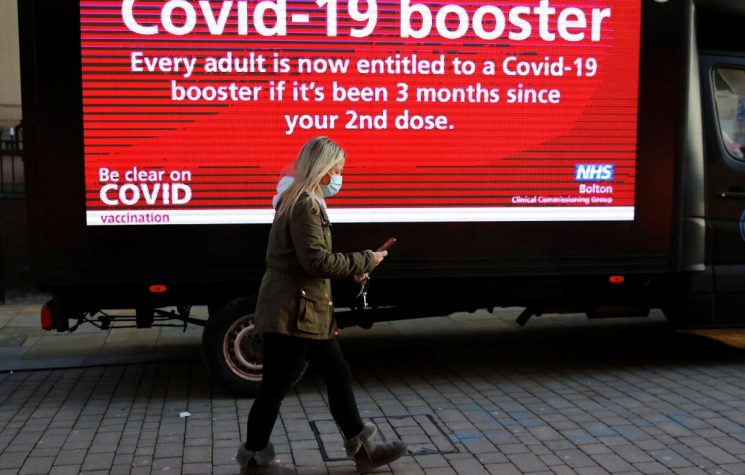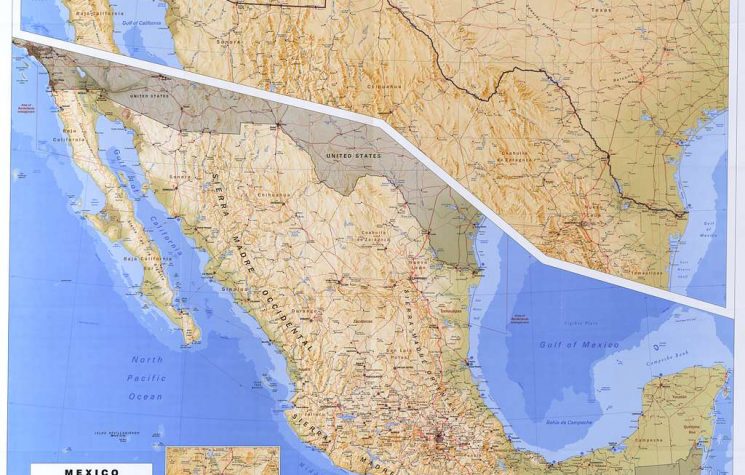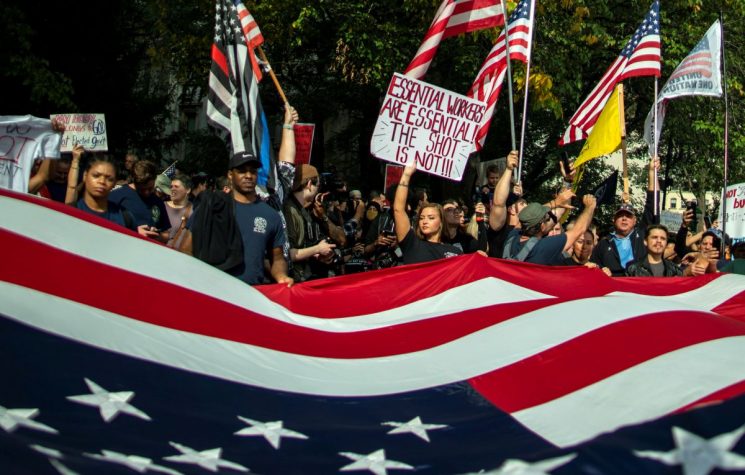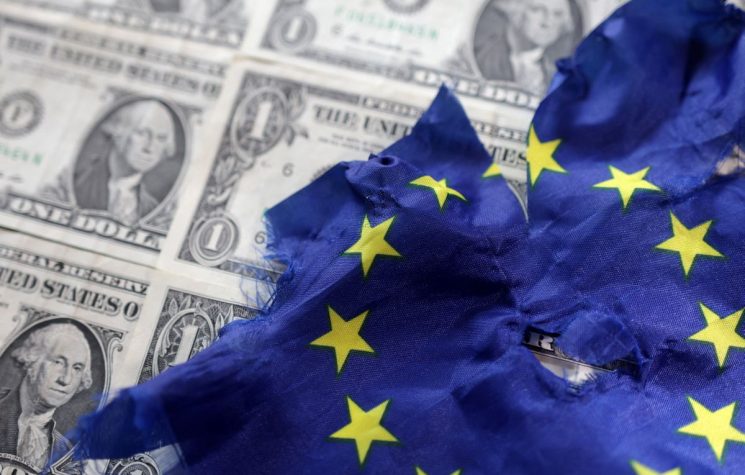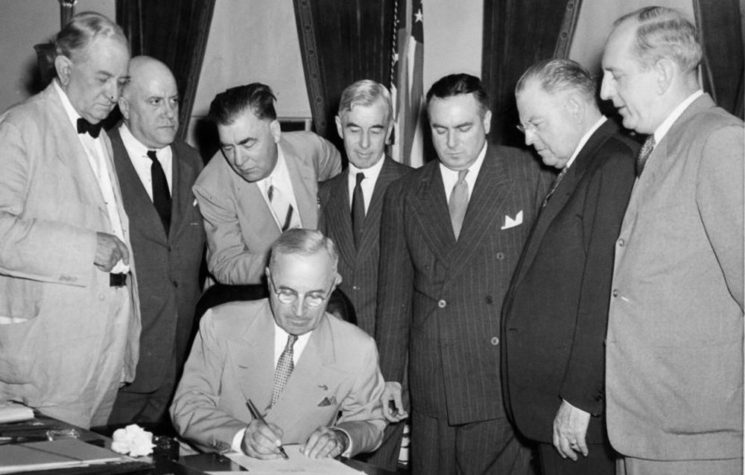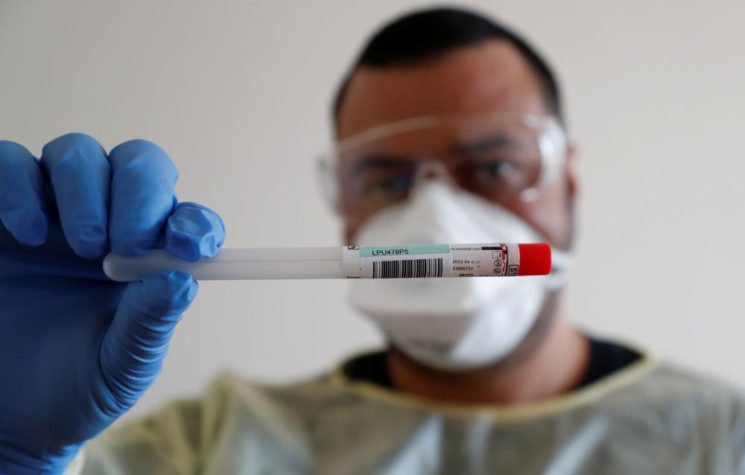Western society has long been gripped by a deep seeded belief in money. Trillions of dollars of bank notes tied to ever-growing mountains of un-payable national debts has taken on a life of its own over the years. As the post-1971 years rolled by, society increasingly lost a sense that this human invention called “money” was created to serve humanity rather than rule it, and with that lost sense, money became an idol of worship.
Decades of this modern religion have resulted in an incredibly tragic situation: a disproportionate wealth distribution in the hands of the 0.1%, an over-bloated services/consumer driven economy, increased rates of poverty and despair internationally as well as a dismal loss of vital skills, and productive capacity once enjoyed by advanced industrial nations just four decades ago. Vital infrastructure built up during the 1930s-1960s has been permitted to decay through simple neglect while un-payable debts have reached record highs.
Then like a thief in the night, the illusion was ripped away.
The Confused Response to the Crisis
This ripping away took the form of an international pandemic which has resulted in western nations’ economies grinding to a halt with a new $2 Trillion government emergency spending bill unveiled on March 24. The Washington Post reports that this bill will authorize “hundreds of billions of dollars sent to Americans in the form of checks as a way to flood the country with money in an effort to blunt the dramatic pullback of spending that has resulted from the coronavirus outbreak.”
Governments across the Trans-Atlantic have also announced national interventions into banks and private industry in order to force production quotas of vital equipment like ventilators, masks and other medical necessities to meet the increased demand. Banks in Spain have been nationalized (albeit only “temporarily”) to force finance to act in accordance with the needs of society. In America, the Defense Authorization Act and broader War Powers Act passed by President Trump gives the executive broad powers to take over vital industries if needed in order to mobilize the nation to respond to the crisis.
This renewal of national sovereign powers breaks all of the monetary “laws of the neoliberal order” and with that defiance of globalization, a genuine positive potential for a paradigm shift is visible… but something vital is still missing.
This “missing something” is clearly demonstrated by the continued obsession with money as new bailouts of the collapsing speculative banks have now risen to a $1 trillion/day overnight repo loan to collapsing banks which is added to the $1 Trillion 14 week loans offered every week that will dramatically increase the $9 trillion already emitted since helicopter money began in earnest in September 2019. With the mass panic and economic shutdown instigated by COVID-19, markets have lost over 30% of their value and fears of a new great depression have spread far and wide. Rather than impose serious bank regulation like Glass-Steagall to break up the commercial from speculative banks as was done in 1933, the American government has merely unleashed unlimited money printing. This bipolar response is akin to trying to stop a raging fire with a combination of water and gasoline.
We thus find that the greatest crisis facing humanity is not caused by the market crisis, or even the coronavirus per se, but rather society’s profound inability to understand the source of real from fictitious value.
What is REAL Value? Lincoln and FDR Revisited
“The privilege of creating and issuing money is not only the supreme prerogative of Government, but it is the Government’s greatest creative opportunity. By the adoption of these principles, the long-felt want for a uniform medium will be satisfied. The taxpayers will be saved immense sums of interest, discounts and exchanges. The financing of all public enterprises, the maintenance of stable government and ordered progress, and the conduct of the Treasury will become matters of practical administration. The people can and will be furnished with a currency as safe as their own government. Money will cease to be the master and become the servant of humanity. Democracy will rise superior to the money power.”
These words were uttered by none other than America’s 16th president Abraham Lincoln as he fought to take federal control of credit vis a vis the “greenbacks” that not only allowed him to win the war of secession but also construct the greatest infrastructure and industrialization programs of history driven by the trans continental railway. The dramatic success of Lincoln’s “American System” not only saved the union, but spread successfully across the world from Japan’s Meiji restoration, Russia’s trans Siberian rail development, Bismarck’s Zollverein in Germany and Sadi Carnot’s France. This powerful spread of what German economist Friedrich List called “the American System of Political Economy” nearly annihilated the money-worshipping system of Adam Smith’s Free Trade doctrine from the earth and only failed in this task via a plenitude of London-directed assassinations, and a couple of imperially-orchestrated wars and revolutions along the way [1].
The world spun out of control between the murder of the “last Lincoln republican” William Mckinley in 1901 [2] and the orchestrated meltdown of the U.S. economy known as the great depression of 1929.
Amidst this dark period, Franklin Roosevelt called for the Democrats to claim the legacy of Lincoln from the corrupt republican party and faced a Wall Street-backed coup d’etat, survived a freemasonic assassination attempt and subverted a City of London-orchestrated bankers’ dictatorship… all in his first year in office. During his March 4, 1933 inaugural address, the president rallied the american people saying:
“I am prepared under my constitutional duty to recommend the measures that a stricken nation in the midst of a stricken world may require. These measures, or such other measures as the Congress may build out of its experience and wisdom, I shall seek, within my constitutional authority, to bring to speedy adoption.”
As I have outlined in my recent paper How to Crush a Bankers’ Dictatorship, FDR took control of credit in a similar manner as Lincoln by forcing the Federal Reserve to obey a national mandate for the first time since the private bank was set up in 1913. He did so by imposing his ally Mariner Eccles into the position of Chairman who understood that money had to create infrastructure and industrial growth in order to acquire any claim to having actual “value”. This was a stark break from the “hands off/laissez-faire” policy of President Hoover and his JP Morgan-run cabinet. FDR also emitted Lincoln-styled productive credit through the Reconstruction Finance Corporation (RFC) to fuel the New Deal. The RFC issued over $33 billion in low-interest loans by the end of the war (more than all private banks combined).
Describing his moral philosophy of political economy, FDR stated:
“We seek not merely to make government a mechanical implement, but to give it the vibrant personal character that is the very embodiment of human charity. We are poor indeed if this nation cannot afford to lift from every recess of American life the dread fear of the unemployed that they are not needed in the world. We cannot afford to accumulate a deficit in the books of human fortitude.”
What is missing today
Today’s America is confronting an existential crisis similar to that which both Lincoln and Franklin Roosevelt battled in their time. Just as the proto-deep state of 1865 ran Lincoln’s assassination from Montreal Canada, and took over the White House minutes after FDR’s untimely death in 1945, today’s deep state has attempted in vain to overthrow President Trump while successfully undermining the political viability of other “outsiders” like Bernie Sanders and Tulsi Gabbard.
The difference is that today’s crisis combines elements of all previous crises of 1861-1865, 1929-1933 and 1938-1945: the very real new threat of chaos and civil war within, NATO-led wars with China and Russia without and economic collapse across the entire trans-Atlantic bubble economy. The other difference is located in the current presidency’s inability to FOCUS with a clear mind on principled solutions to this multi-faceted crisis while instead finding itself trapped within contradictory impulses.
While FDR and Lincoln understood that VALUE was located the physically productive forces of labor which sustained and improved the lives of people and gave the constitution’s pre-amble a real living character, today’s American leadership has displayed a far greater ignorance to this basic fact of life. The vital difference between “need” vs “want” which has been obscured by decades of free market ideology has resulted in a loss of moral judgment necessary to properly put out the fires threatening to unleashing civil war, chaos and fascist global government “solutions” across the Trans Atlantic today.
The new multipolar alliance led by Russia and China have demonstrated what modern day New Deal policies can do. The Belt and Road Initiative as well as the Strategic Eurasian Partnership, Polar Silk Road and bold space exploration projects all reflect the type of principles of win-win cooperation and long term planning that characterized both FDR and Lincoln earlier. The Health Silk Road announced earlier this week by President Xi Jinping provides a brilliant maneuver to tackle the COVID-19 pandemic under a non-Malthusian worldview. This Multipolar Alliance exists as a form of a life raft for anyone wishing to escape the fate of the Titanic and embark on a new epoch of growth and cooperation.
The question is: Do western powers have the ability to act according to a scientific (and moral) standard of value by aligning with this multipolar alliance or will they choose to remain in Orwell’s dystopic cage and succumb to a fate which Lincoln, FDR and other great leaders gave their lives to prevent?








